Empowering Voices: Tough Conversations on Women’s Health
Women’s health is a vital topic that often gets sidelined due to societal taboos, discomfort, and a lack of open dialogue. However, engaging in tough conversations about women’s health is crucial for raising awareness, promoting prevention, offering support, and driving advocacy. Breaking the silence can save lives, improve quality of life, and empower women to take control of their health journeys.
Raising Awareness
Awareness is the first step toward change. Many women remain unaware of the risks associated with common health issues such as infertility, maternal health, breast cancer, cervical cancer, endometriosis, polycystic ovary syndrome (PCOS), and heart disease—the leading cause of death among women. By having open conversations, we demystify these conditions and help women recognize early symptoms, understand risk factors, and seek timely medical advice. Awareness also extends to mental health, an often-overlooked component of overall well-being. Discussions around anxiety, depression, postpartum challenges, and menopause-related changes are essential to destigmatizing mental health struggles.
Promoting Prevention
Prevention is a powerful tool in reducing the incidence of many health conditions. Tough conversations can encourage women to prioritize routine screenings, such as mammograms, Pap smears, and bone density tests. These dialogues can also highlight the importance of lifestyle choices, including nutrition, exercise, stress management, and safe sexual practices. Education about vaccines, such as the HPV vaccine, can prevent certain cancers, yet misinformation and cultural hesitations often hinder their uptake. Open, honest discussions can dispel myths and empower women to make informed decisions about their health.
Offering Support
Support systems play a critical role in women’s health. Tough conversations create safe spaces where women feel heard, validated, and understood. Whether it’s discussing fertility struggles, chronic pain, or the emotional toll of a diagnosis, knowing that others share similar experiences can be incredibly comforting. Support groups, both online and offline, thrive on the foundation of open communication. Additionally, encouraging women to advocate for themselves within the healthcare system—seeking second opinions, asking questions, and not dismissing their symptoms—is vital for receiving proper care.
Driving Advocacy
Advocacy begins with conversation. When we talk openly about women’s health issues, we challenge societal norms that often silence or marginalize these topics. Advocacy can lead to policy changes, increased funding for research, and improved healthcare services. It also fosters community action, where individuals and organizations unite to raise awareness, provide resources, and support affected individuals. Women’s voices are powerful catalysts for change, and every conversation contributes to a larger movement for health equity.
Having tough conversations about women’s health is not just important—it’s essential. Through awareness, prevention, support, and advocacy, we can break down barriers, dispel myths, and create a culture where women’s health is prioritized and celebrated. It’s time to normalize these discussions, encourage openness, and empower every woman to SCREAM HER DREAM when it comes to her health and well-being.





